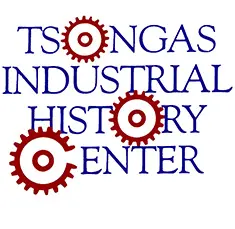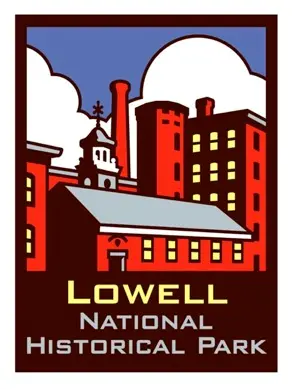All of our programs have been reviewed to ensure their relevance to state and national standards. (SeeEducation Program descriptions.)
State Curriculum Frameworks
Massachusetts State Standards
Grade 5 – Social Studies
- Topic 4. The Growth of the Republic
- 4. On a map of New England, locate cities and towns that played important roles in the development of the textile, machinery, and whaling industries and the China trade in the 18th and 19th centuries and give examples of the short- and long-term benefits and costs of these industries.
Grade 8 – United States and Massachusetts Government and Civic Life
- Topic 4. Rights and responsibilities of citizens
- 4. Define and provide examples of fundamental principles and values of American political and civic life (e.g., liberty, the common good, justice, equality, tolerance, law and order, due process, rights of individuals, diversity, civic unity, patriotism, constitutionalism, popular sovereignty, and representative democracy).
- 5. Describe how a democracy provides opportunities for citizens to participate in the political process through elections, political parties, and interest groups
- 10. Analyze issues involving liberty in conflict with equality or authority, individual rights in conflict with the common good, or majority rule in conflict with minority rights.
- Topic 7: Freedom of the Press and News/Media Literacy 49
- 4. Evaluate the benefits and challenges of … social media to a democratic society.
High School – US History 1
- Topic 3. Economic growth in the North, South, and
- 2. Analyze the effects of industrial growth throughout antebellum America, and in New England, the growth of the textile and machinery industries and maritime commerce.
- a. the technological improvements and inventions that contributed to industrial growth and maritime commerce
- d. the rise of a business class of merchants and manufacturers
- e. the role of women as the primary workforce in New England textile factories
- 2. Analyze the effects of industrial growth throughout antebellum America, and in New England, the growth of the textile and machinery industries and maritime commerce.
- Topic 6. Rebuilding the United States: industry and immigration
- 1. Explain the various causes of the Industrial Revolution (e.g., the economic impetus provided by the Civil War; important technological and scientific advances, such as the expansion of the railroad system; the role of business leaders, entrepreneurs, and inventors such as Alexander Graham Bell, Andrew Carnegie, Thomas Edison, J.P. Morgan, John D. Rockefeller, and Cornelius Vanderbilt).
- 2. Make connections among the important consequences of the Industrial Revolution (e.g., economic growth and the rise of big business; environmental impact of industries; the expansion of cities; the emergence of labor unions….)
New Hampshire
Grade 5-6 – Economics
- SS:EC:6:1.3- Recognize the relationship between productivity and wages, and wages and standard of living.
- SS:EC:6:2.3- Recognize that shortage and surplus affect the price and availability of goods and services.
Grade 5-6 – US/NH History
- SS:HI:6:4.1- Demonstrate an understanding of major developments and changes in American economic productivity.
- SS:HI:6:4.2- Evaluate the importance of technological inventions and inventors and their impact on American life.
- SS:HI:6:5.2- Describe the impact of major national and state events on everyday life.
Grade 7-8 – Economics
- SS:EC:8.1.1- Identify how events in the business cycle impact individuals’ lives, e.g., recession or depression.
- SS:EC:8:2.1.-Identify and explain the determinants of supply and demand.
Grade 7-8 – US/NH History
- SS:HI:8:4.2- Examine the causes of conflict between management and labor.
- SS:HI8:5.1- Analyze how societal changes have influenced family.
Grade 9-12 – Economics
- SS:EC:12:1.1: Examine the roles of workers and consumers in factory and product markets, e.g., how labor or private property can be used as a productive resource
- SS:EC:12:1.2: Conceptualize how events in the business cycle impact individual lives, e.g., career or consumer lives
Common Core State Standards
Speaking and Listening Standard, Grade K-5
- Grade 5: Engage effectively in a range of collaborative discussions (one-on-one, in groups, and teacher-led) with diverse partners on grade 5 topics and texts, building on others ideas and expressing their own clearly.
English Language Arts Standards » History/Social Studies, Grade 6-12
- Key Ideas and Details: Determine the central ideas or information of a primary or secondary source; provide an accurate summary that makes clear the relationship among the key details and ideas.
- Integration of Knowledge and Ideas: Integrate visual information (e.g., in charts, graphs, photographs, videos, or maps) with other information in print and digital text


